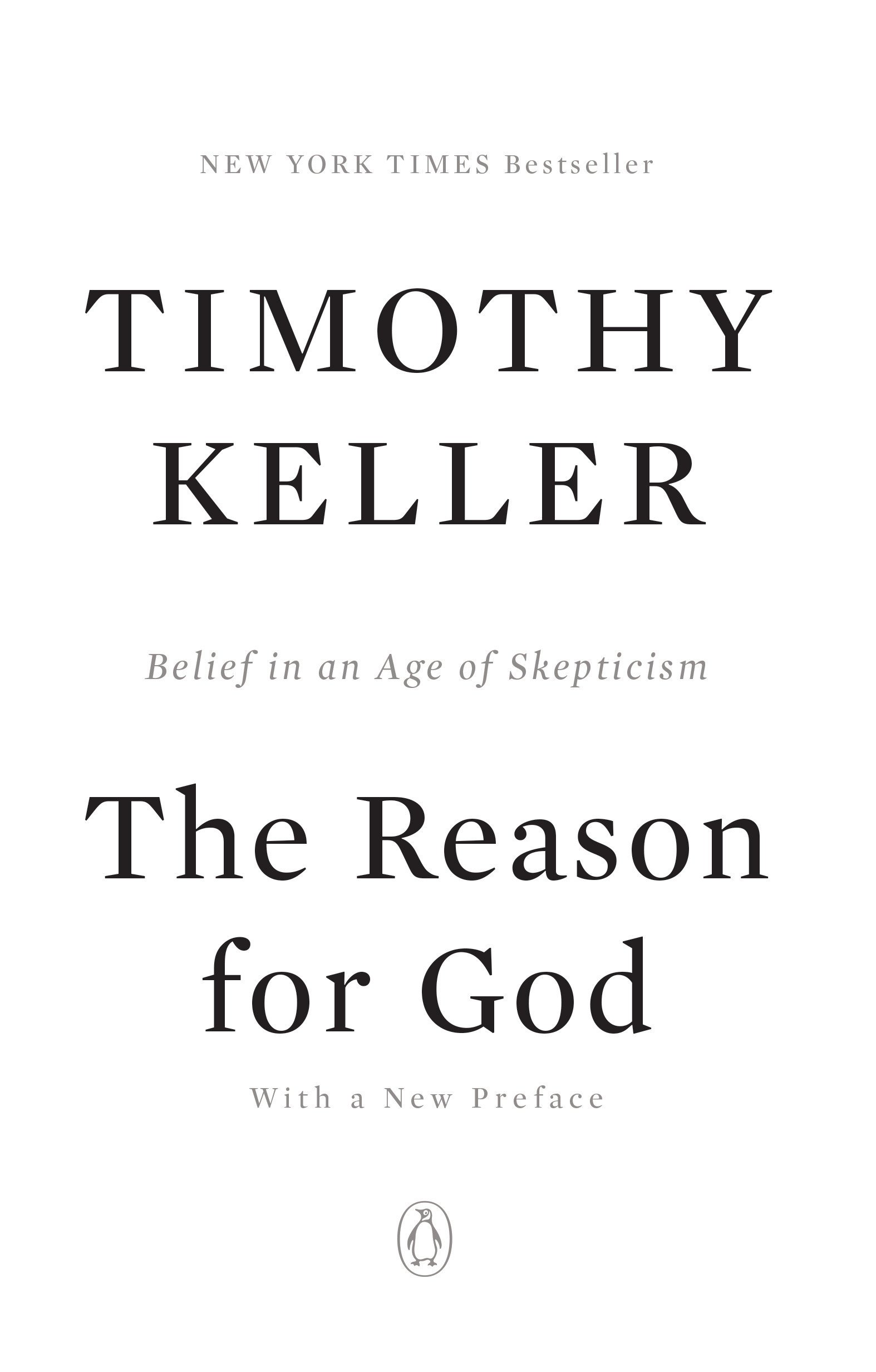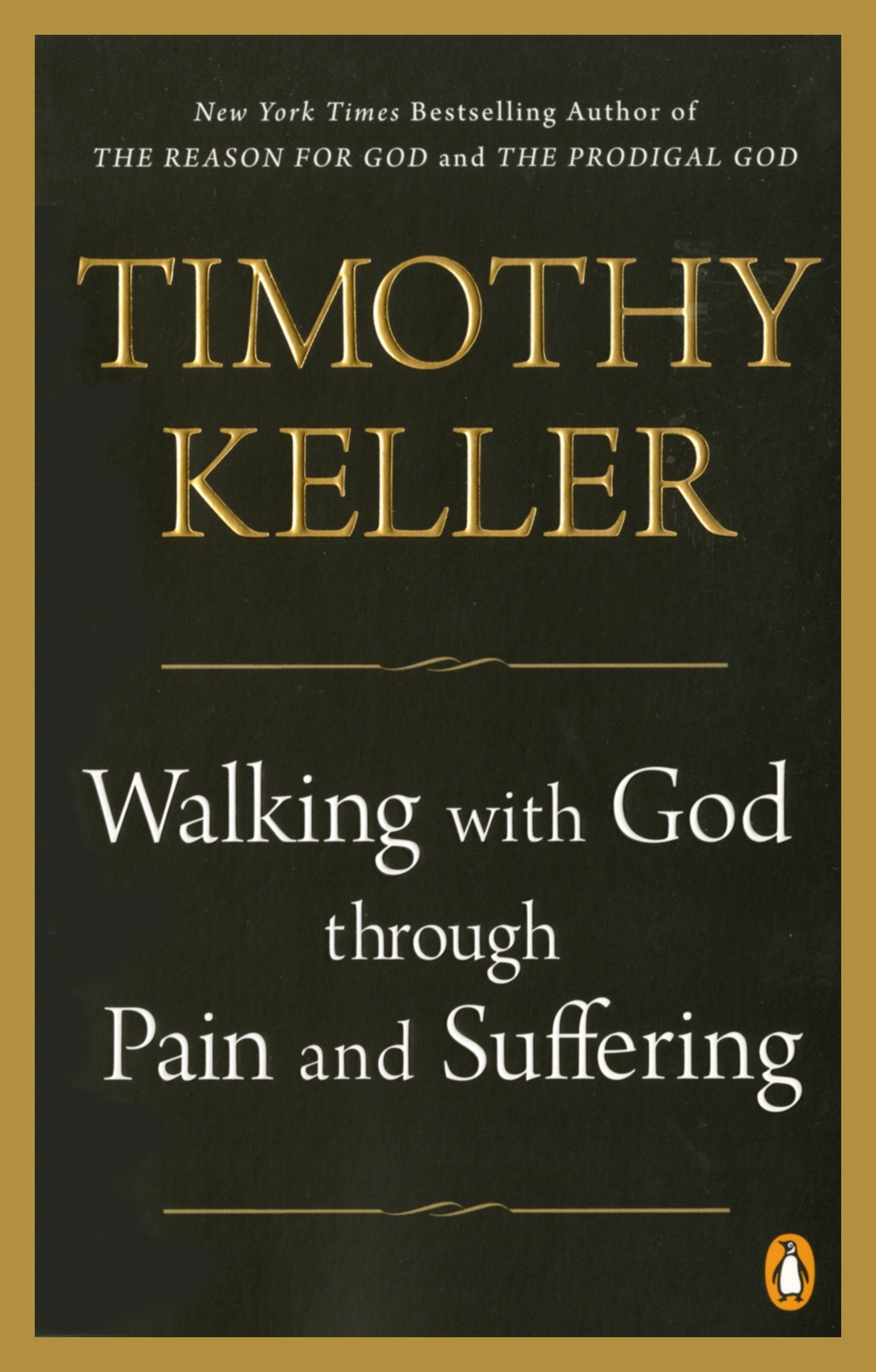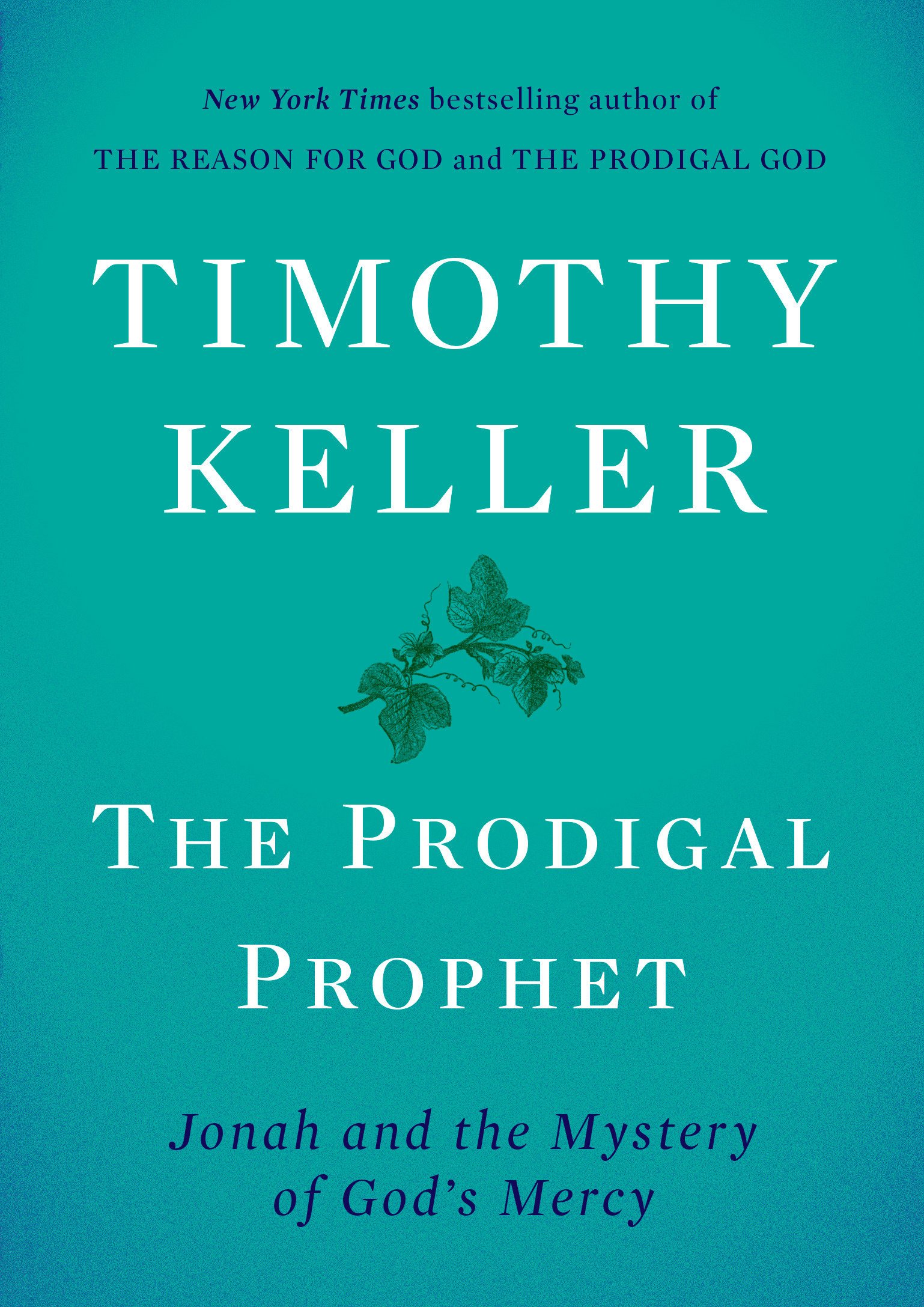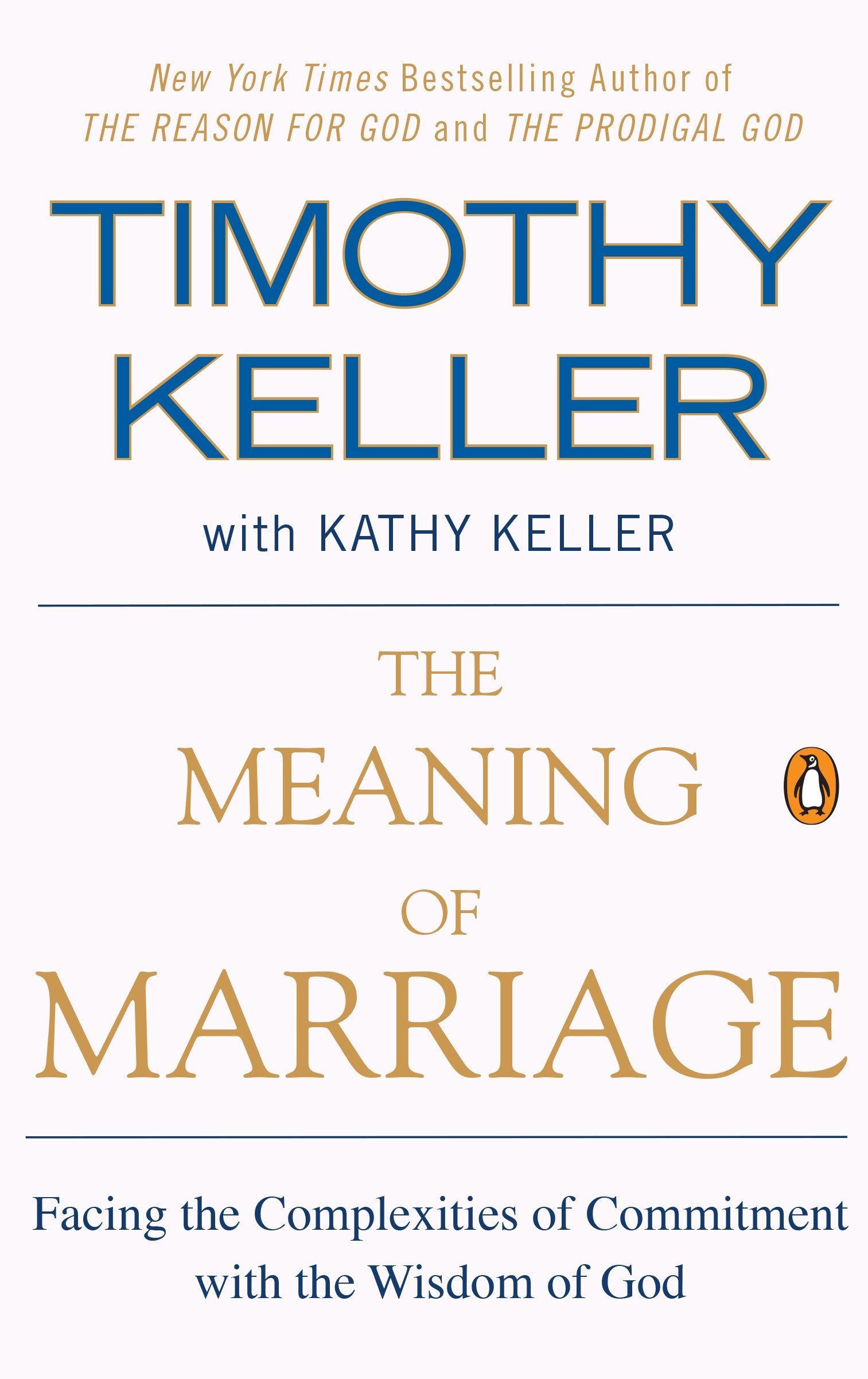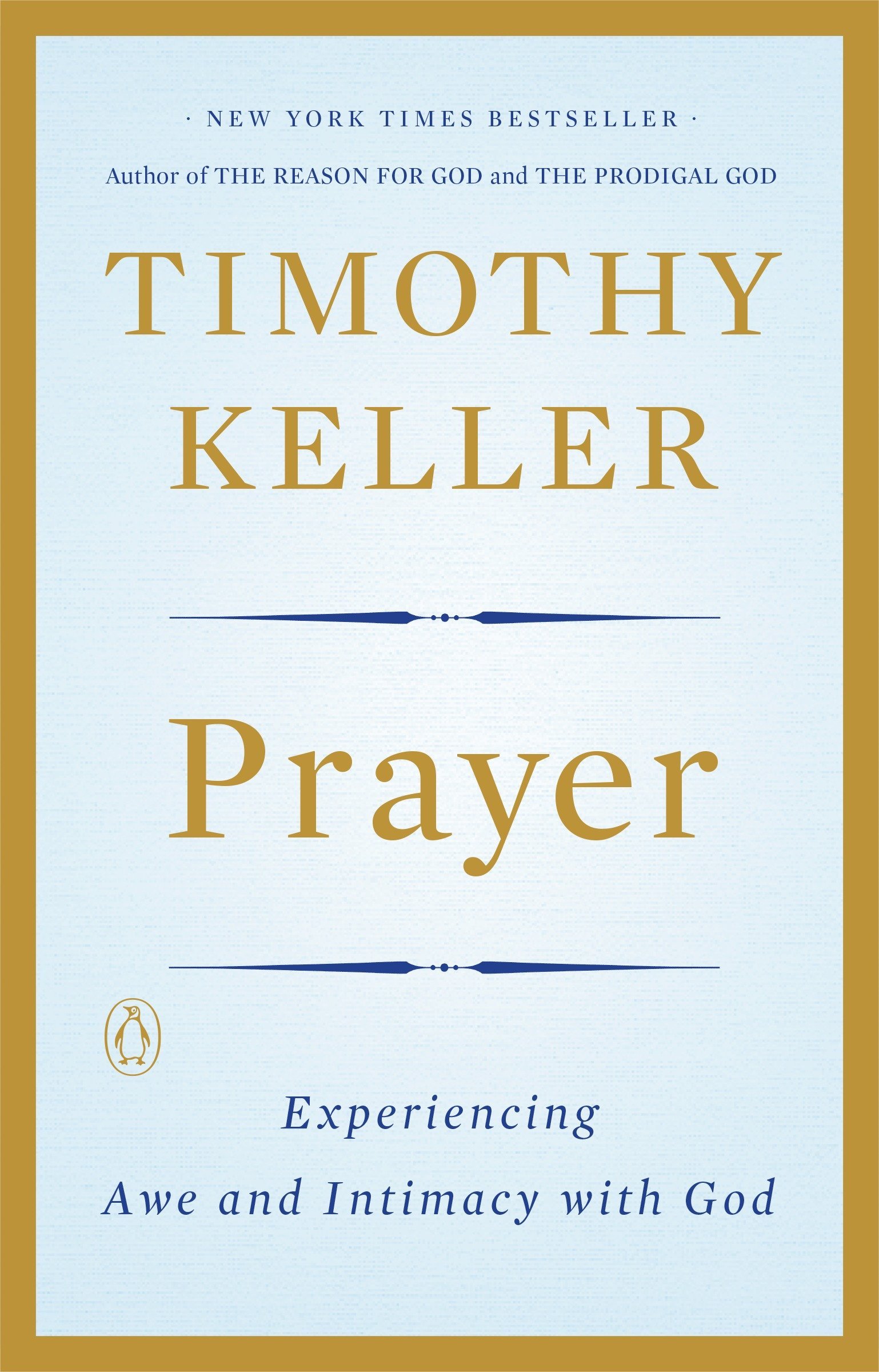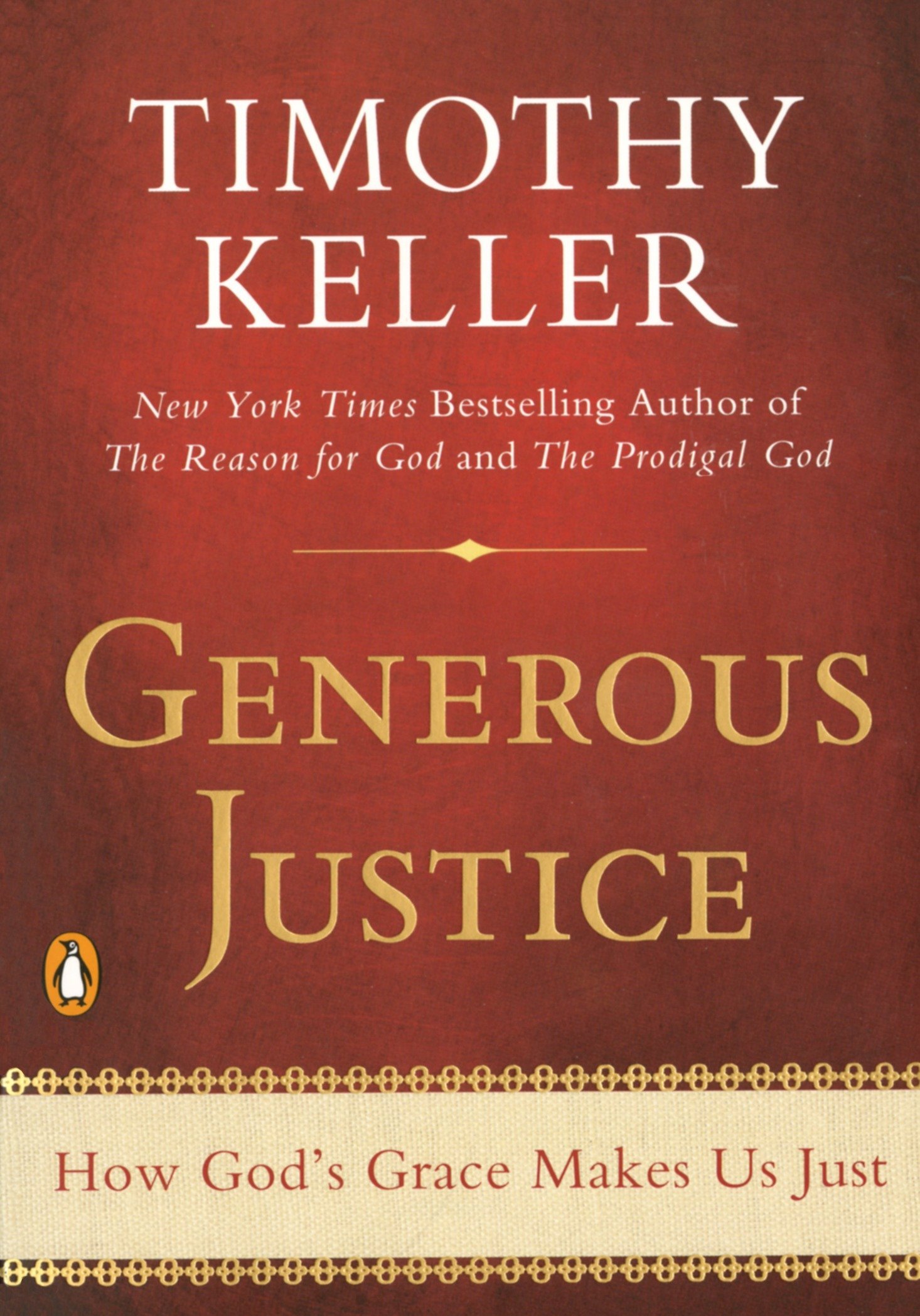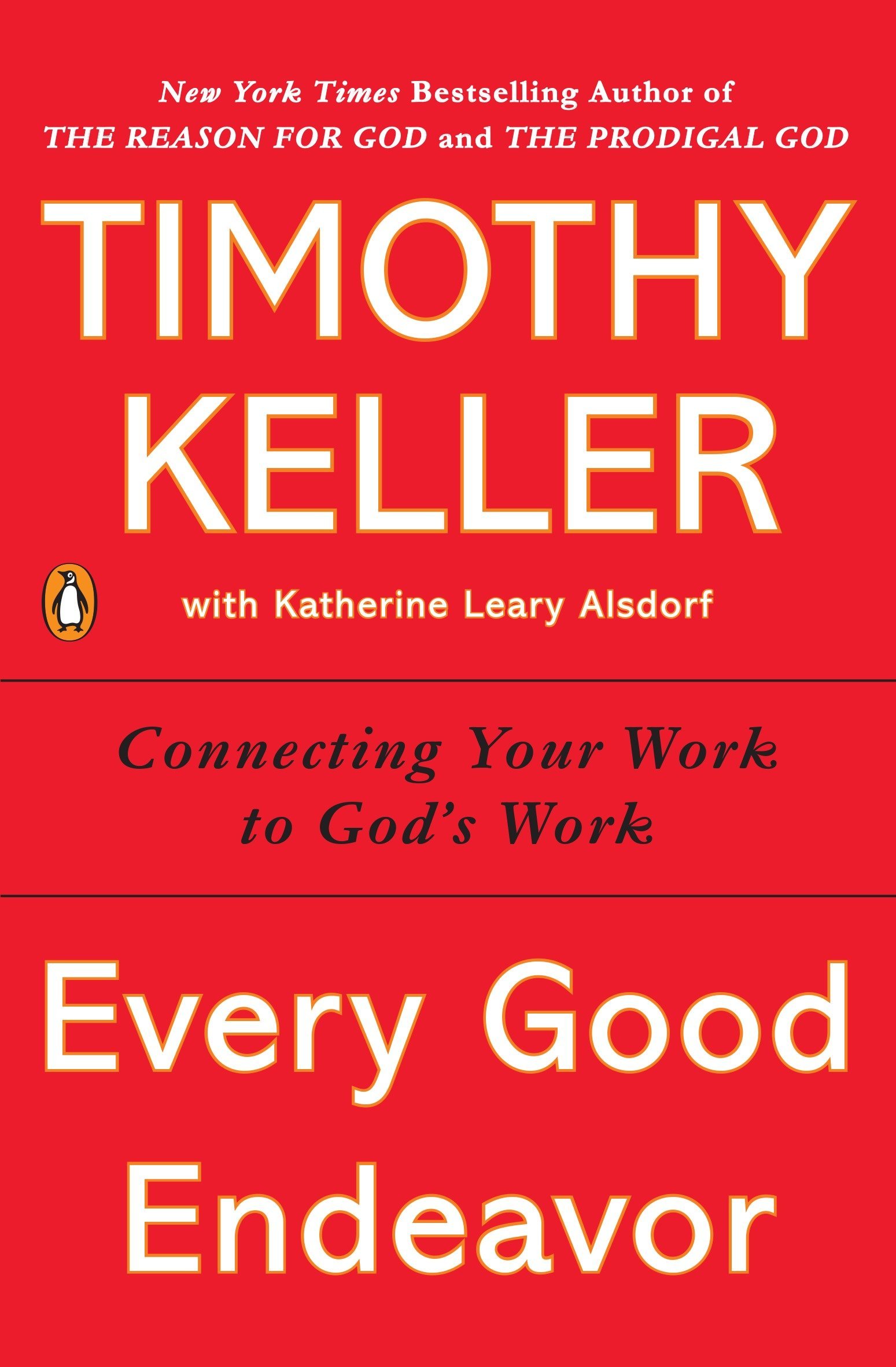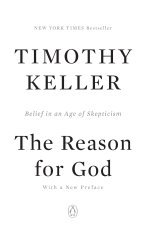
Apologist
The Reason for God: Belief in an Age of Skepticism
Keller excelled at appealing to urban skeptics of the sort who congregate in places like New York City. Mindful that some in his audiences viewed religious belief as intellectually antiquated or morally problematic, he presented compelling arguments for the rationality and goodness of Christian faith. The Reason for God, the book that first vaulted Keller to popularity in broader evangelical circles, showcases his gifts as an apologist (as does a 2016 follow-up, Making Sense of God).

Church Leader
Center Church: Doing Balanced, Gospel-Centered Ministry in Your City
For all his worldwide renown as an evangelical leader and spokesperson, Keller was a man of the local church—in his case, Manhattan’s Redeemer Presbyterian. Center Church lays out a vision of Christ-proclaiming ministry, distilling lessons from Redeemer’s efforts at building fellowship in an environment some Christians had deemed impregnably secular. This book represents Keller’s considered response to “church growth” movements and other ministry strategies that elevate methods or metrics above core concerns of faithfulness.

Pastor
Walking with God Through Pain and Suffering
Perhaps unsurprisingly, given Keller’s job title, his books have been praised as uncommonly “pastoral.” Rather than “preaching” at you, in the pejorative sense of lecturing sternly from imposing heights, they take you gently by the hand and shepherd you through the thorniest areas of Scripture and Christian doctrine. Keller plays the reassuring guide in Walking with God Through Pain and Suffering, tackling a subject no pastor can go long without needing to address.

Preacher
The Prodigal Prophet: Jonah and the Mystery of God’s Mercy
Several of Keller’s books arose from Redeemer Presbyterian sermon series, giving readers a window into his talents as a proclaimer and expositor of God’s Word. Among these is The Prodigal Prophet, his exploration of the Book of Jonah, which draws unlikely parallels between God’s rebellious messenger and his unfailingly obedient Son.
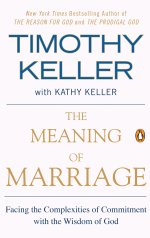
Counselor
The Meaning of Marriage: Facing the Complexities of Commitment with the Wisdom of God
Like suffering, the subject of marriage calls for a careful blend of biblical wisdom and situation-specific counsel. This is what Keller delivers in The Meaning of Marriage, packaging truths about God’s vision for matrimony with practical advice on living together as husbands and wives. The book is also notable for modeling Keller’s partnership with his wife Kathy, an astute theological mind in her own right.
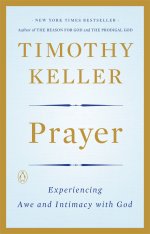
Disciple
Prayer: Experiencing Awe and Intimacy with God
One reading Keller’s books and hearing his sermons might picture him as a Christian who enjoyed a devotional life of enviable depth and intimacy. But Keller, like any good disciple, knew his weaknesses—one of which he set out to correct by writing Prayer. A decade into his Redeemer pastorate, he realized he “was barely scratching the surface of what the Bible commanded and promised regarding prayer.” The resulting book aims to reach believers who desire richer prayer lives but aren’t sure where to start.

Advocate
Generous Justice: How God’s Grace Makes Us Just
Keller had no desire to jump into the political fray. But he occasionally preached about politics because the Bible speaks to our duties as citizens, and because Christians can be tempted to equate those duties with party platforms or ideological programs—none of which embody God’s perfect design for good government. Generous Justice reveals Keller’s penchant for seeing beyond the philosophies of Left and Right to discern what the Bible does (and doesn’t) say about forming just societies.

Laborer
Every Good Endeavor: Connecting Your Work to God’s Work
As a pastor, Keller oversaw a flock that included a range of business leaders, artists, students, and ordinary wage earners. This meant he often encountered questions about finding purpose and serving God in various lines of work. Every Good Endeavor spells out the implications of laboring “for the Lord, not for human masters” (Col 3:23), a calling that puts pulpit ministry on a parallel footing with more “secular” vocations. The book leans into the hands-on experience of Katherine Leary Alsdorf, a former entrepreneur who founded and directed Redeemer’s Center for Faith & Work.





